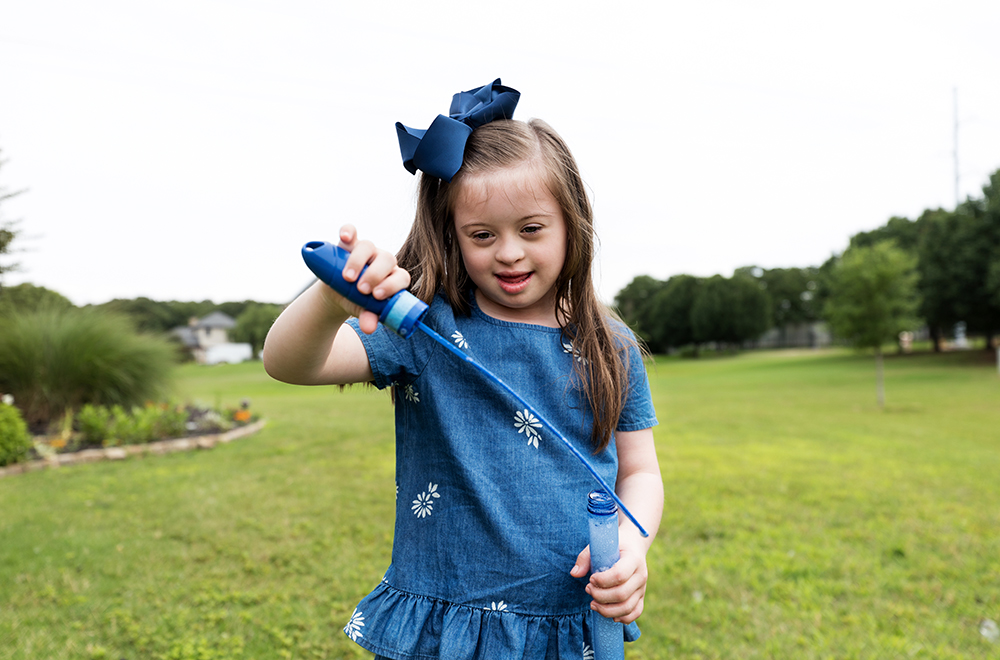People with intellectual disability encounter barriers when it comes to receiving high-quality health care and experience health disadvantage and inequity leading to poor health outcomes, a Victorian GP told the Disability Royal Commission.
Dr Jane Tracy said she has been struck by the inflexibility of the health system to make proper adjustments to processes and procedures for people with disability. This stems from attitudes based on ‘othering’ people with disability and from a lack of essential skills and knowledge required by health professionals to provide appropriate care for them.
“Building mainstream health professionals’ knowledge of the issues relating to the health care of persons with disability is essential in addressing the health disadvantage and inequity currently experienced by people with intellectual disability,” she said
Tracy has worked at the Centre of Development Disability Health (CDDH) in Victoria for 28 years.
Her views on the education and training of medical professionals are based on decades of work experience and from the experiences that her son, who has an intellectual disability, cerebral palsy and epilepsy, in navigating the health care and disability systems.
“Through personal and work experiences, I have seen the impact of negative attitudes, low expectations and a lack of skills and knowledge in relation to intellectual disability of those working in health care,” she told the Commission.
“I have been struck by the inflexibility of our health system processes, and the reluctance to make reasonable adjustments to processes and procedures for individuals who have a disability.
“Conversely I have also seen the enormous benefit when health professionals have a positive attitude; a willingness to be flexible in their approach and can make the reasonable adjustments required for people with disabilities to access and benefit from health care.”
She has observed a belief among many health professionals “that people with intellectual disabilities are not the responsibility of mainstream health services because the health system is not equipped, resourced, staffed or trained in the care of people with disability”.
Since the 1990s, she has worked with colleagues at the CDDH to advocate for, develop and deliver education to medical, dental and allied health students and practitioners relating to the health of people with intellectual disabilities in Victoria.
There is a need for leadership and a commitment to teaching in the area of intellectual disability at a senior faculty level in all Australian universities offering courses in the health professions, she said.
“The risk of losing disability-related content in universities could be avoided by the mandating of curriculum content to address key learning outcomes in the care of people with intellectual and developmental disability, led by a high level commitment by government and relevant authorities.”

